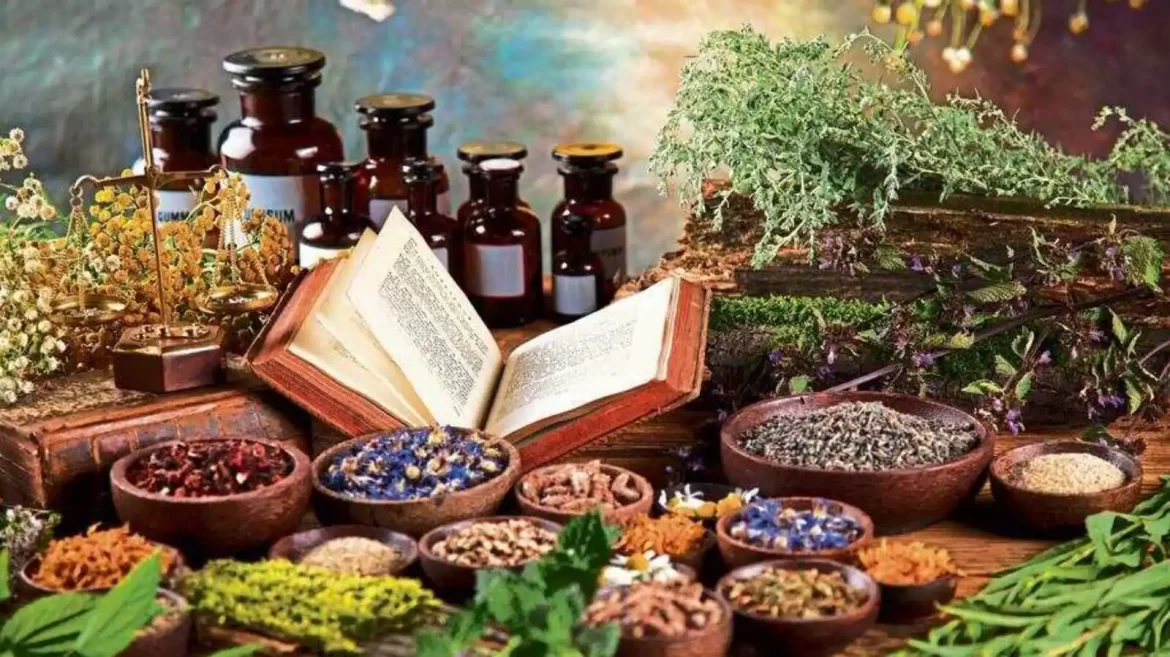At least 80% of the world’s population seek traditional medicine first when sick or injured; this includes herbal, animal and mineral remedies as well as spiritual therapies.
Modern medicine has taken inspiration from traditional healing practices like yoga and acupuncture, yet it must incorporate them appropriately and safely according to empirical evidence.
Tanzania
Traditional Medicine (TM) is widely employed worldwide as an integrative health approach. It gives patients more control of their own health and well-being while being more affordable than modern medicines, supporting Sustainable Development Goals, and making an important contribution to global healthcare systems.
Traditional African medicine is a holistic health care system organized into three levels of specialization: divination, spiritualism and herbalism. It draws its foundation from culture, religious background, knowledge, attitudes and beliefs prevalent within a community and can involve divination, incantations, animal sacrifice, exorcism or herbal medicines as part of its practice.
To investigate the prevalence and factors related to the use of therapeutic remedies (TMs) during antenatal care in Bulilima district, a cross-sectional study was undertaken using a semi-structured questionnaire pretested and then administered by trained Public Health Specialists interviewing women who delivered from January 2020-February 2020 at clinics or their homes; questions covered socio-demographic characteristics as well as sources, types, reasons, frequency etc. Data were analysed using logistic regression modeling.
Kenya
Anecdotal evidence in Kenya indicates that traditional health care practitioners (THMPs) provide primary health care to at least 80% of rural poor. Unfortunately, they remain under recognized as healthcare service providers and their activities remain unregulated.
Herbal medicine is widely practiced across Africa. This holistic form of healing utilizes herbs, minerals, and even animal parts as treatment options. Sometimes healers consult the spirit world in diagnosing patients to ascertain if their illness is physical or spiritual in origin.
However, it should be borne in mind that just because something is natural does not mean it is necessarily safe or efficacious; just centuries of use cannot guarantee efficacy. Scientific advancement in establishing safety and efficacy of traditional products and practices can make a profound difference in people’s lives around the globe; this topic will be explored further at this Summit through technical sessions such as research evidence learning policy data regulation innovation digital health biodiversity equity Indigenous knowledge
Nigeria
Nigeria and other West African countries use herbal medicines extensively, with more than 80% of the population using traditional medicine (TM). Practitioners follow certain rules of conduct prescribed by their culture when working within this field; possess an in-depth understanding of pharmaceutical properties as well as shared cultural views regarding diseases prevalent within societies while at the same time having access to modern techniques for processing and preserving herbal medications.
Herbal medicines have long been proven effective at alleviating symptoms of disease. Yet studies have also demonstrated their use can interfere with proper adherence to biomedical treatment regimens and patients don’t always disclose TM usage to their biomedical doctors. Scientists and silviculturists are helping improve herbal knowledge and practices across Africa through documenting plant identification and disseminating evidence-based therapeutic information that has helped demystify herbal remedies while increasing acceptance by many would-be skeptics.
India
Traditional healers and ancient medical practices like acupuncture, yoga, herbal medicines and indigenous traditions offer people safe and effective solutions to health problems that plague society today. These healing systems have served humanity well for generations past and continue to offer essential benefits today.
Traditional medicine provides valuable clues for discovering and creating clinically effective drugs, with around 40% of modern pharmaceuticals drawing inspiration from nature or traditional remedies – this includes aspirin, artemisinin and pediatric cancer treatments such as antineoplastic agents.
At the Summit, countries will discuss a range of issues related to traditional medicine conditions within routine healthcare information systems; training and accreditation of practitioners; formal structures used for collecting and managing traditional medicine data; as well as discussing findings of WHO’s third global survey on traditional medicine – which includes questions on funding, quality assurance, biodiversity integration etc – which could inform the creation of a WHO strategy from 2025-2034.




